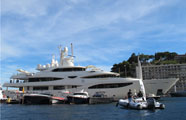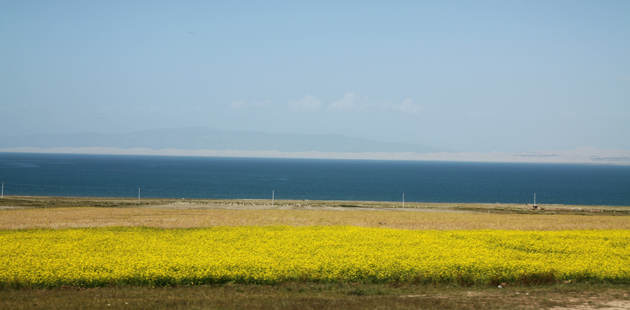Yemen protesters entrenched after Saleh disappoints
Updated: 2011-09-27 09:40
(Agencies)
|
|||||||||||
|
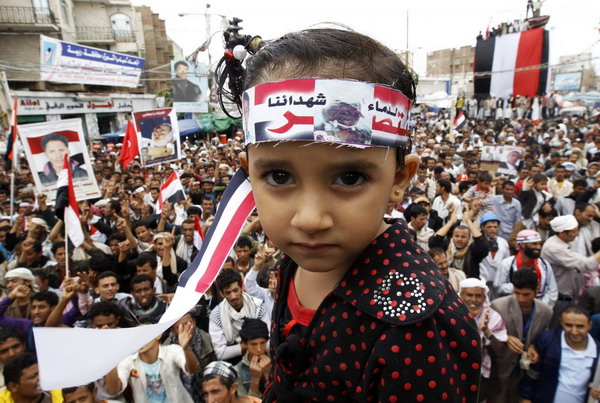 A girl attends an anti-government protest to demand the ouster of President Ali Abdullah Saleh in Sanaa Sept 26, 2011. The words on her headband read, "We will win for the blood of our martyrs ". [Photo/Agencies]
|
SANAA - Protesters in Sanaa are preparing for a long, messy revolt after President Ali Abdullah Saleh offered no clear path to a handover on his return to Yemen from three months of convalescence after an attempt on his life.
Saleh, who returned on Friday from Saudi Arabia, where he had been treated for severe burns, called for elections and a "peaceful exchange of power" in a televised speech on Sunday.
But his failure to promise to step down fuelled more anger on Monday on the streets of Sanaa, where protests have raged since January.
"His speech was about creating chaos, not solutions. There was nothing there to solve this crisis," said Abdullah Magany, a high school biology teacher sitting in Change Square, the street encampment at the centre of the protest movement. "We need to keep escalating our protests."
Yet the mood in the square was subdued compared to the chaos of the past week, when about 100 people died in fighting between heavily armed loyalists and foes of Yemen's president of 33 years.
"There is a wary calm here and people aren't sure what to do next," said Rashad al-Sharayi, a soldier from the First Armoured Brigade, led by General Ali Mohsen, who defected and sided with the protesters in March.
"But he (Saleh) needs to have a deal signed fast ... there will be more clashes for sure because so far he isn't doing anything ... We were willing to sit here and defend protesters, but if he asks for war he'll get it," said Sharayi.
Yemen is fighting rebellions in the north and south as well as a wing of al Qaeda eager to exploit the chaos.
Al-Qaida a factor
Neighbouring Saudi Arabia and its ally, the United States, have aided Saleh to keep al-Qaida at bay and fear that a power vacuum could endanger Western interests in the Gulf and oil shipping routes through the Red Sea.
The protesters accuse the president and his family of widespread corruption and failing to address crippling poverty and lawlessness in a land where one in two people owns a gun.
Western and Gulf states have urged Saleh to quit and sign a Gulf-brokered power transition plan. Diplomats said after the speech that there was little evidence Saleh was going to leave or guarantee an orderly transfer of power.
At least 450 people have been killed since the start of the protests in January.
In his televised speech, Saleh repeated his pledge to accept a Gulf-proposed power transfer plan - which he has three times seemed set to sign before backing away - and said the vice-president retained authority to talk to the opposition.
"Let's all go towards dialogue, understanding and peaceful exchange of power through elections and early presidential elections," he said.
Protest organisers said they were planning to step up their protests, despite the risks.
"We are peaceful, we want this to be peaceful, but we have to escalate. If they start to shoot and attack, let them, they will disgrace themselves in front of the world," said Intisar al-Hadali.
Related Stories
Yemen's Saleh still defiant 2011-09-27 07:54
Saleh's speech not to end Yemen crisis 2011-09-26 09:15
Dozens killed in Yemen capital clashes 2011-09-25 11:19
Rockets hit defected troops' base in Yemen 2011-09-20 09:11
26 protesters killed in Yemen 2011-09-19 09:49
Hot Topics
Libya conflict, Gaddafi, Oil spill, Palace Museum scandal, Inflation, Japan's new PM, Trapped miners, Mooncake tax, Weekly photos, Hurricane Irene
Editor's Picks

|
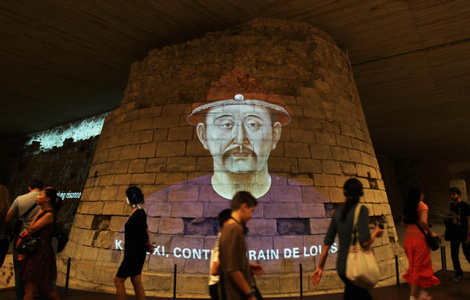
|
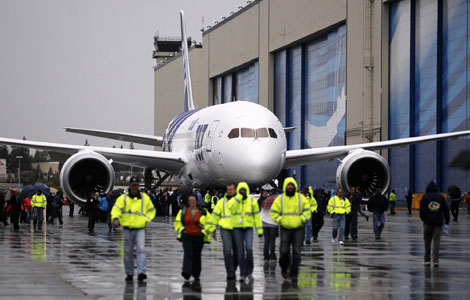
|
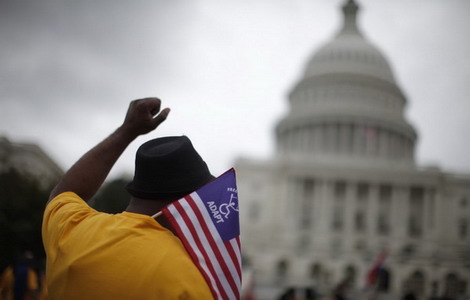
|
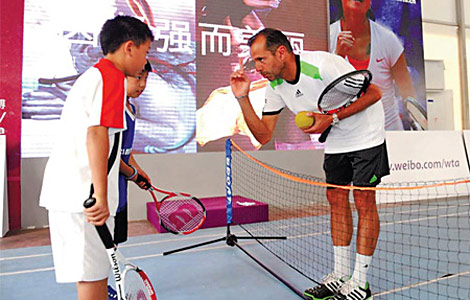
|
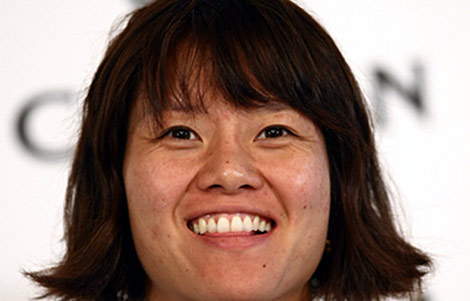
|



